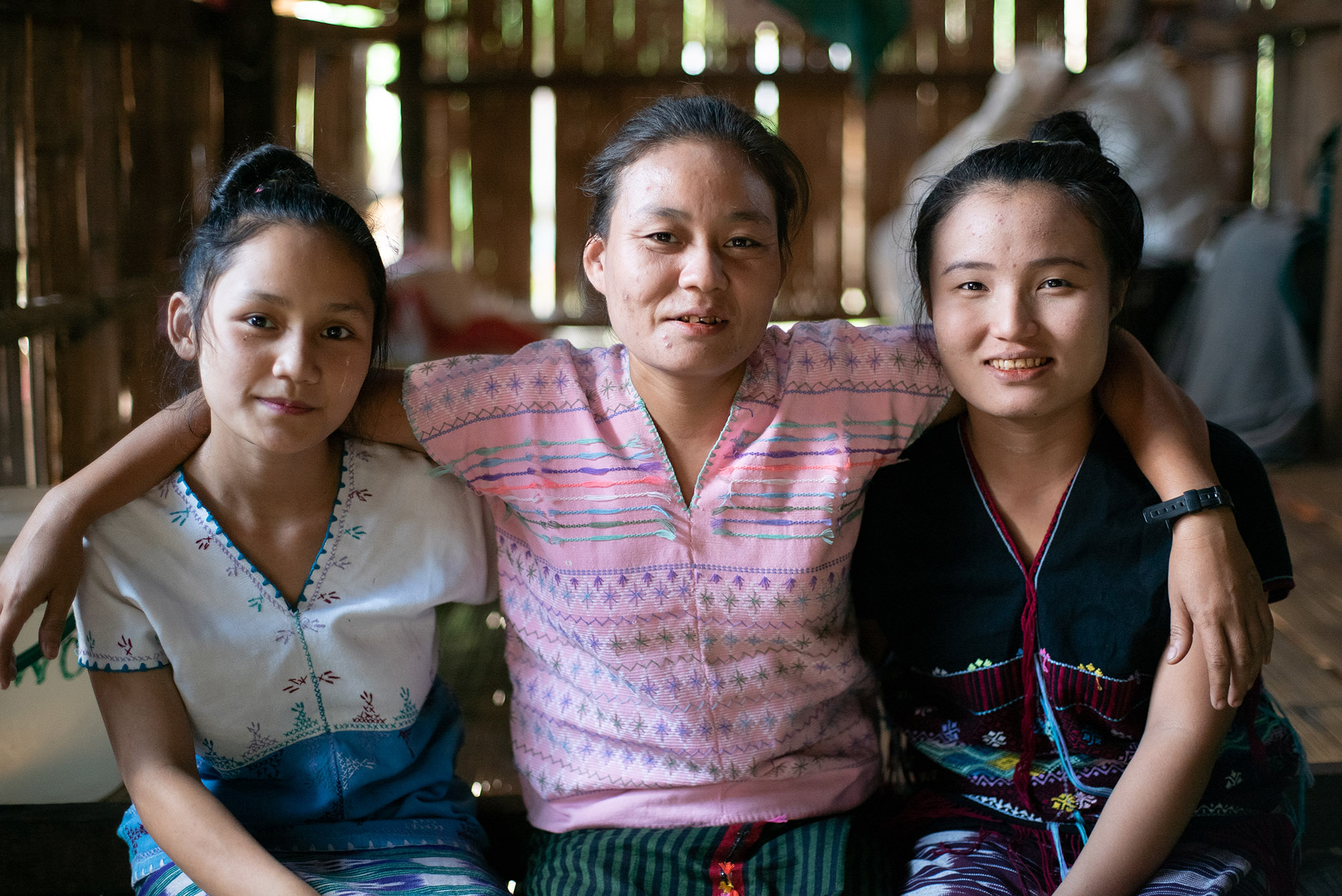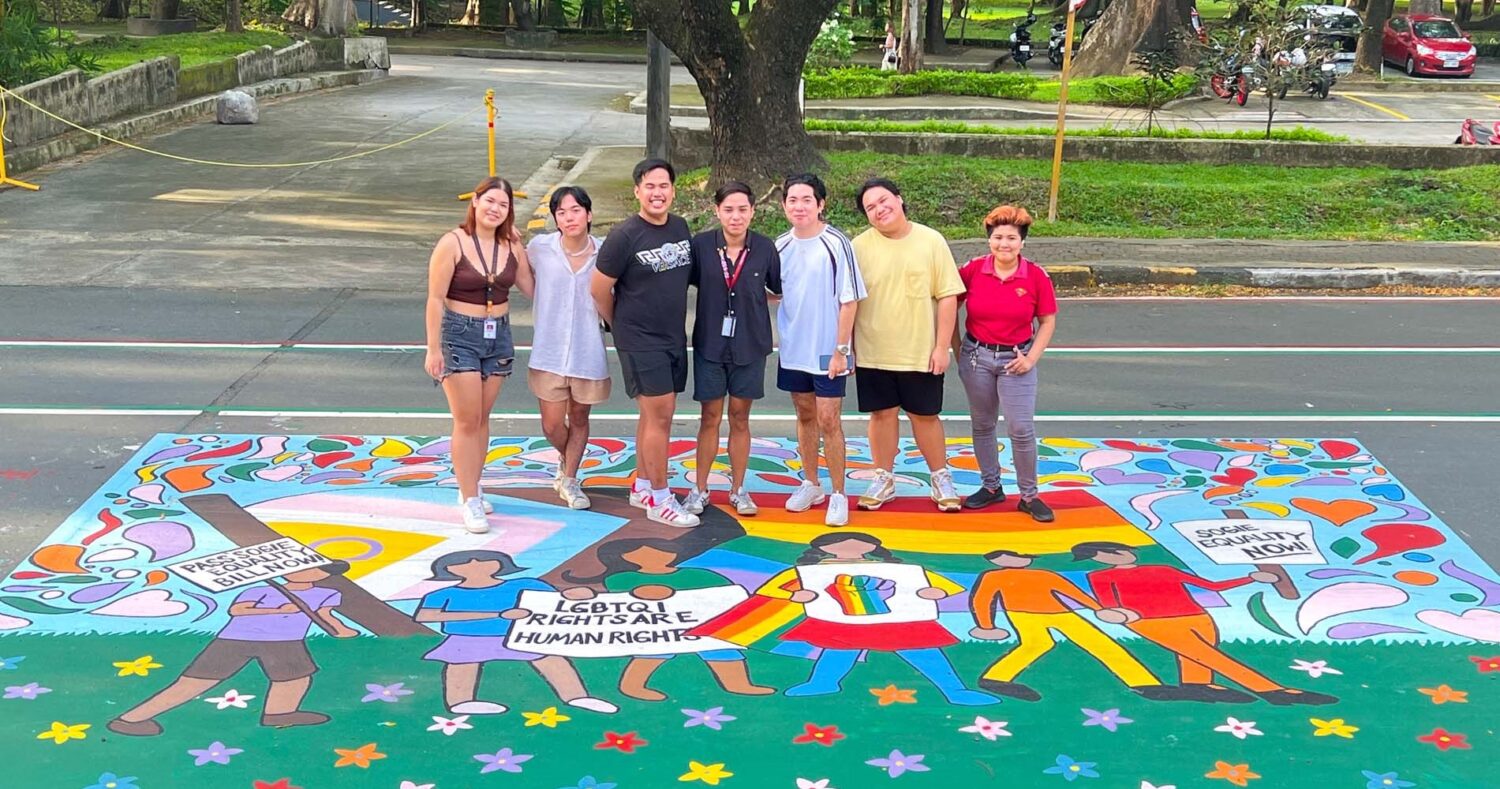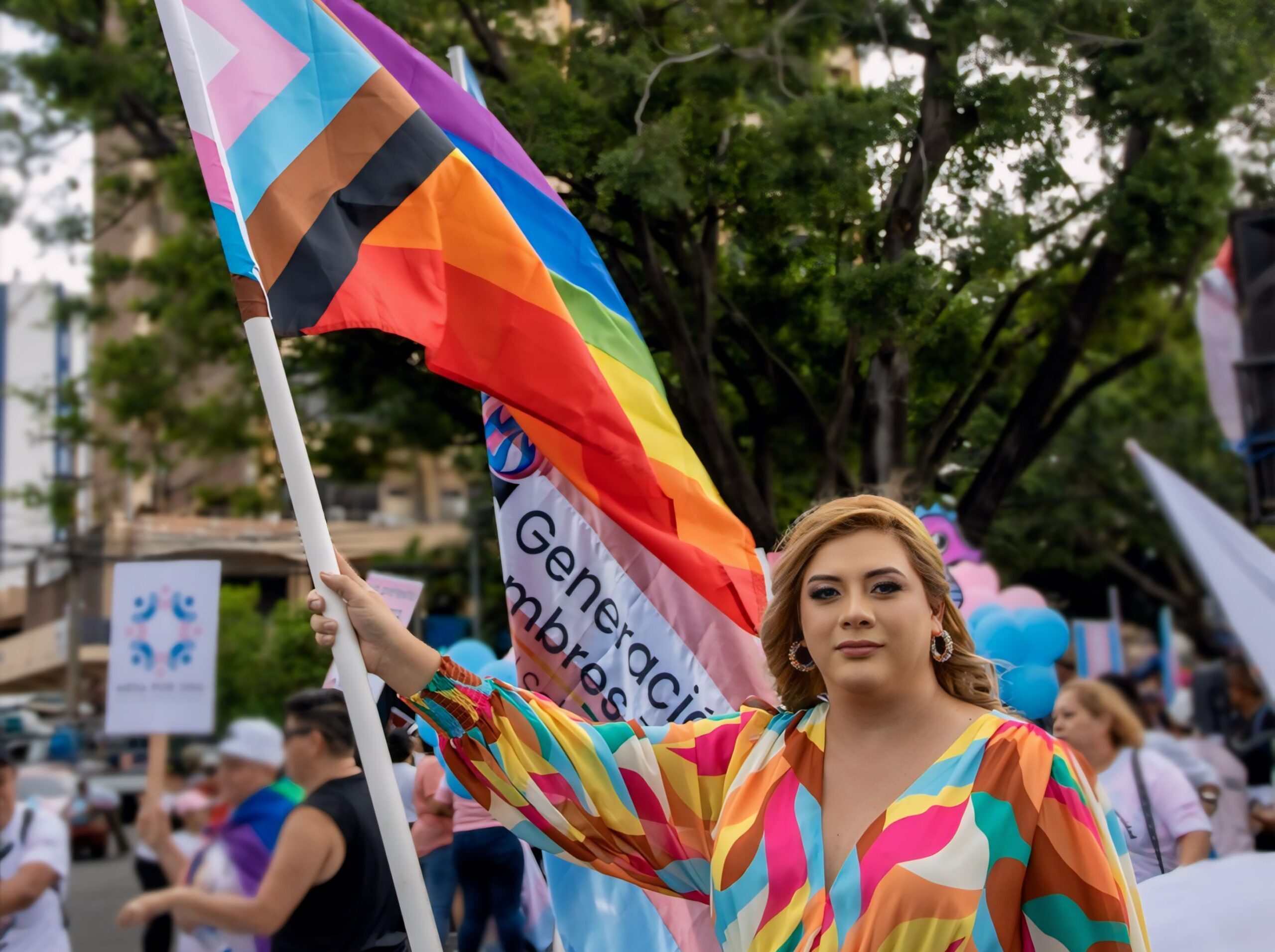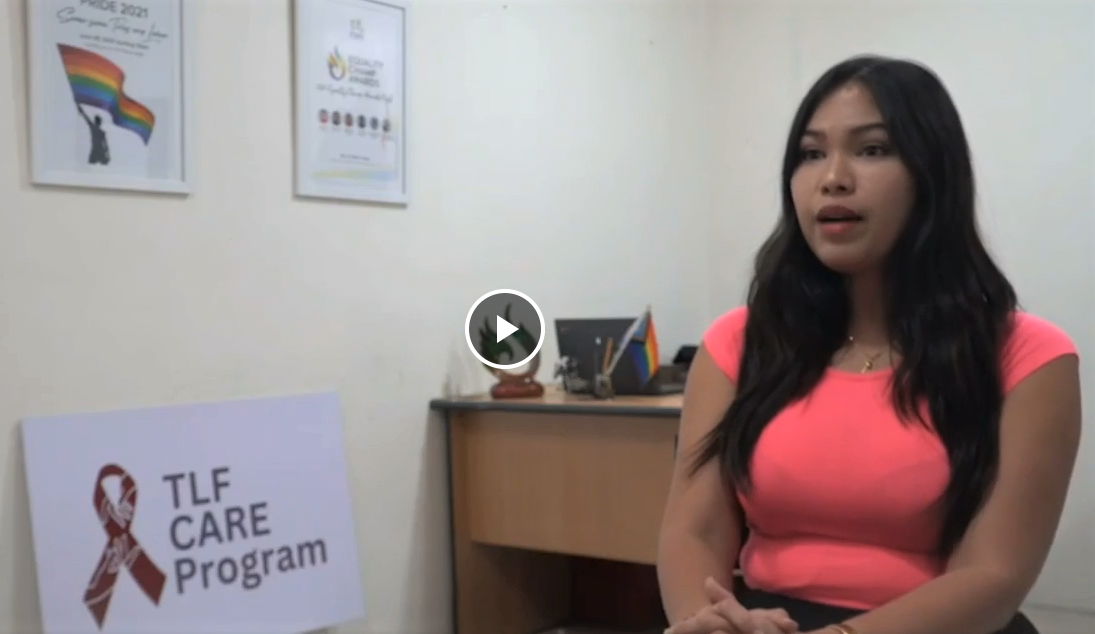Pyo Pyo grew up fleeing from one village to the next. As part of Myanmar’s Karen minority, she knew the Burmese Army was never far behind.
“Our village was located close to the main road,” she recalls. “Both the Burmese and Karen soldiers would come to our village often. Even before we saw them, we were already filled with fear.”
Intense fighting between the Burmese Army and Karen armed opposition drove Pyo Pyo and her family to Ei Tu Hta, a camp for internally displaced people (IDPs) in Karen State along Myanmar’s border with Thailand. It was there that she first encountered the Karen Women’s Organization.
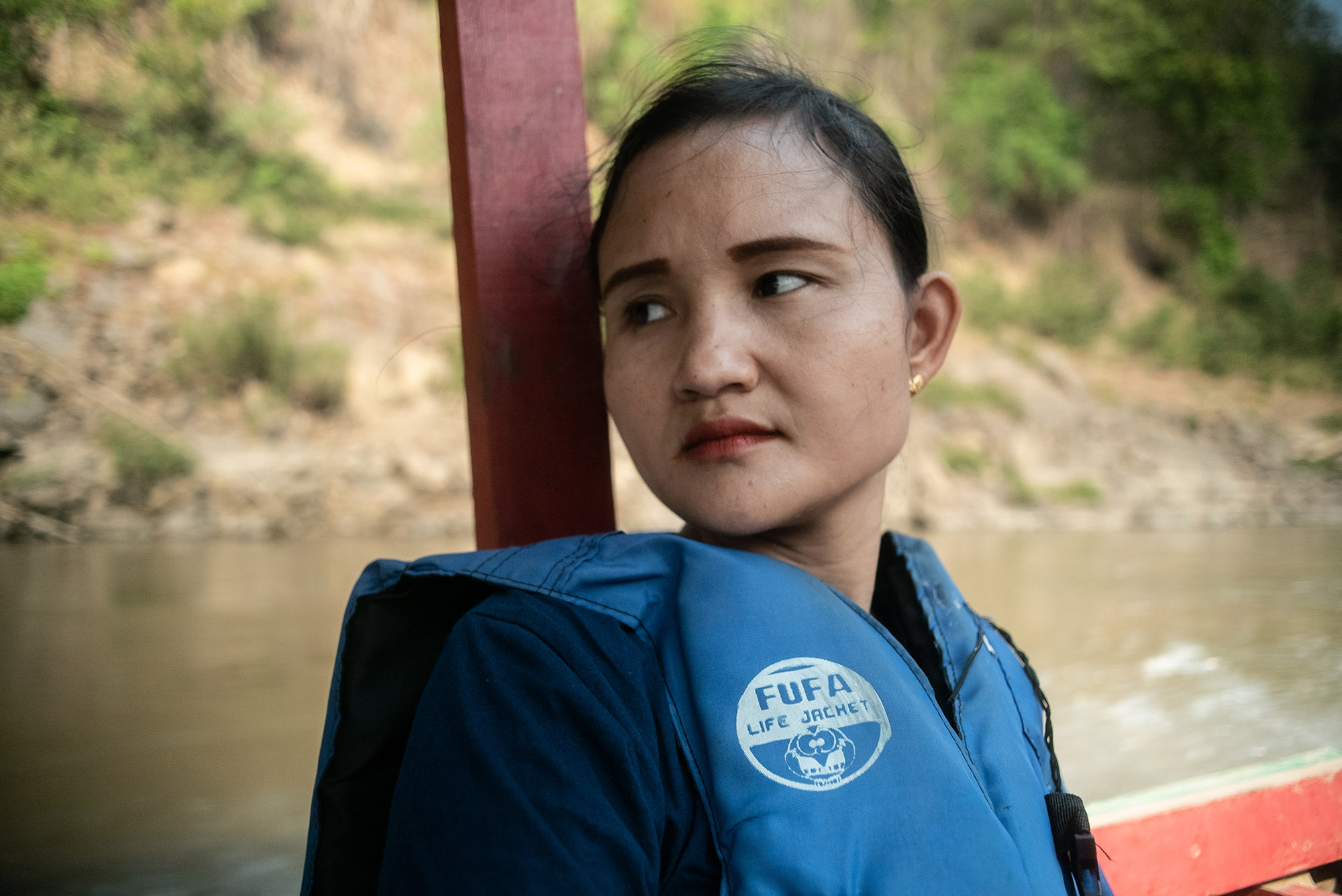
The Karen Women’s Organization, or KWO, was formed in 1949—the same year that the Karen resistance movement began with the founding of the Karen National Liberation Army.
Since then, the Karen people have been the target of arbitrary arrest, torture, rape, and execution. The Burmese Army has forcefully appropriated their land, conscripted civilians to serve as soldiers, and aggressively engaged in a campaign of mass violence.
For the 6.5 to 8 million Karen people seeking self-determination from the Burman-dominated central government, the conflict amounts to the systematic destruction of their unique culture and identity. More than 70,000 Karen live in refugee camps in Thailand, and an estimated 200,000 Karen are internally displaced in Myanmar, seeking shelter in the jungle. The government has seized Karen land for development projects and the army has mined Karen villages, making it impossible for refugees and IDPs to return.
Karen women and girls are particularly vulnerable, oppressed both by the Burmese government and within their own patriarchal society. Often unable to obtain an education and expected to stay home and take care of their families, Karen women must overcome many hurdles to gain political representation and have a voice in making decisions.
The 60,000-strong sisterhood of KWO offers an opportunity for Karen women to learn about their rights and empowers them to take on leadership roles in their communities.
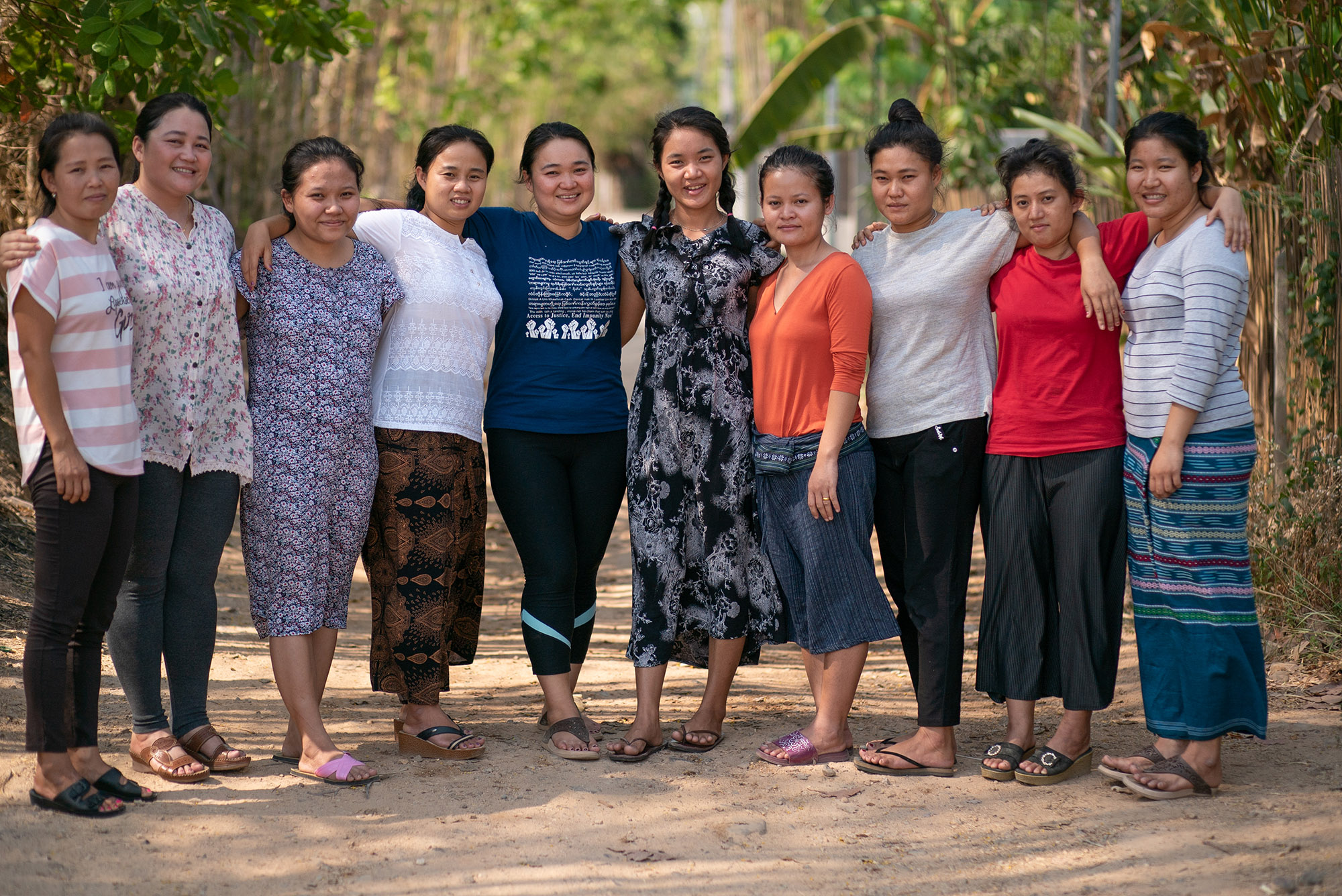
KWO’s stated mission is to stop the oppression of women and children, and to provide for communities across Karen state and along the border with Thailand. Their activities fall into four categories: education, health, social welfare, and organizing and information sharing. Each program is informed by their vision of a federal country, in which “all communities have gender equality, the protection and promotion of indigenous people’s rights, human rights and justice.”
In 2001, KWO established the Young Women’s Leadership School to train a new generation of women leaders. The school teaches young Karen women about democracy, human rights, and the international context of the Karen people, as well as leadership skills like public speaking, management, and advocacy.
After they finish the program, these women go back to their communities and take on leadership roles for at least two years, ensuring political representation for women at the decision-making level.
For Pyo Pyo, this training represented the chance to go to school that she never got.
“If I didn’t join and work with KWO, I probably wouldn’t know anything about women’s rights, ethnic issues, and international systems,” she says. “I came to learn about and understand all those issues.”
Now, Pyo Pyo is one of the leaders of KWO, serving on the organization’s executive committee. “I participate and work with KWO because I personally want to gain more knowledge and skills,” she says. “And then I want to use that knowledge to support my community.”
In addition to leadership training, KWO also provides direct services like food, healthcare, and education. Ensuring that Karen communities have access to these critical necessities allows KWO to tackle bigger, systemic issues as well.
“It’s having a big impact in our communities, and it’s helping them to survive,” says Naw K’Nyaw Paw, the executive director of KWO. “It’s very difficult to just focus on training when people are hungry.”
As KWO’s health program coordinator, Pyo Pyo makes sure kits of nutritious food and crucial supplies are delivered to pregnant women and babies. She also helps educate new mothers, provides women with hygiene products, and advocates for the creation of nurseries and dormitories to offer housing and healthcare to children.
Since 2017, the international community has stopped funding the Ei Tu Hta IDP camp and several others along the Thai-Myanmar border. For the camp’s residents, that meant no more food, supplies, or assistance from humanitarian bodies. That makes KWO’s direct service work even more necessary.
“If KWO were not around, the situation would be very difficult,” says Pyo Pyo. “In the future, I hope that women are free from oppression and discrimination, and that all Karen people will one day live freely.”
Whether delivering baby kits, training a new generation of women leaders, or advocating against the impunity of the Burmese Army, KWO is empowering Karen women to transform their communities and realize their vision of a fair and equal future.
Since 2015, the Fund has been proud to support KWO as a funder and an ally. Help us spread their story by sharing this video.
